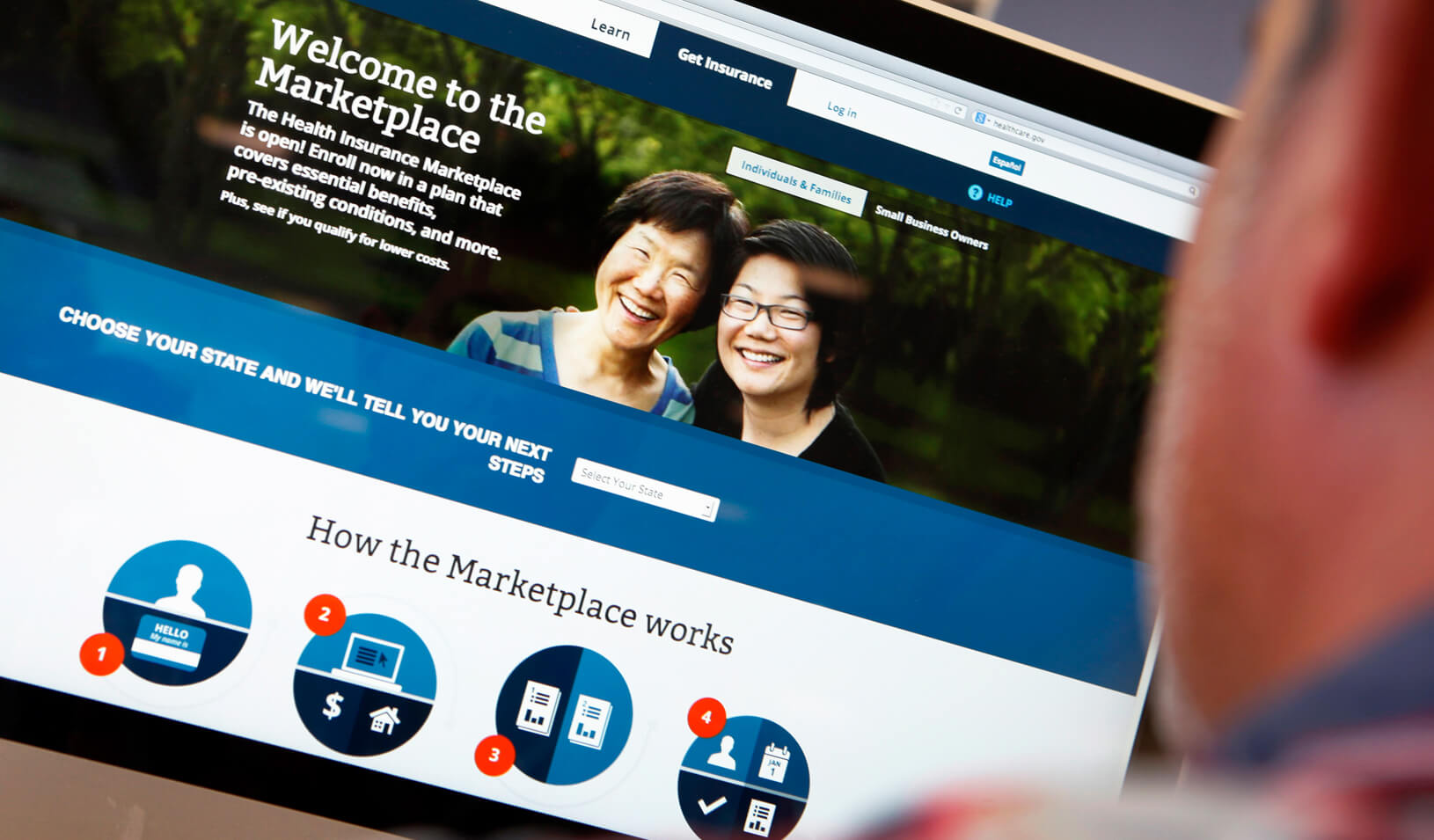
A little boy with cancer at Shanghai Children’s Hospital | REUTERS/Aly Song
As a rapidly-developing economy, as a potential market for American companies, and as a source of intellectual property challenges, China is one of the most commented-on topics in business. Kewen Jin is a serial entrepreneur in China with an extensive background at U.S.-based venture capital and pharmaceutical companies, and with some pointed opinions on those issues. He was a panelist at Stanford GSB’ Healthcare and Innovation Summit, sponsored by the school’s Program in Healthcare Innovation. Here are excerpts from an interview conducted after the panel discussion.
You had an interesting idea in your remarks onstage about how markets like China give companies a chance to practice “innovation by subtraction” rather than “innovation by addition.” What did you mean by that?
Well, for example, I am interested in kidney dialysis. There are about 550,000 end-stage renal-disease patients in the United States who need regular dialysis. It costs $60,000 per person per year, and Medicaid pays 100%.
China can’t do that. Until four or five years ago, kidney dialysis was not reimbursed. It was heartless, but there was no option; the Ministry of Health just didn’t have the budget. If you could afford it, you lived. If you couldn’t, you depleted your savings, then you begged and borrowed from all your relatives and friends, and then, when you exhausted that, you died.
Now, we have a little bit of money, and it’s morally and socially unacceptable to just go let poor people die off. So now, all over China, insurance is starting to reimburse dialysis. But the whole bill hasn’t hit yet. So if some one comes up with a lower-cost method that delivers 90% of the functionality of dialysis, that would be very attractive.
It’s like with a mobile phone. You probably have 70 features on your phone, but just five of them probably account for 90% of your usage. It should be the same in health care. We should be able to design systems that perform nearly robustly as the most advanced ones, but which cost much less.
Are there examples of this occurring?
Yes there are. Right now, for benign prostate hypertrophy, the rage in the U.S. is this high-tech laser surgery that is very expensive. The urologists like it because there is all this futuristic equipment, and they can charge people a lot of money. But this Israeli company has a small mesh product that, on an outpatient basis, can be inserted into the urethra, near the blockage. It causes a targeted necrosis, and then, a few days later, you take the device out. Early tests are good, and the company plans on selling the product for $2,000 in Europe. But they don’t think the product will catch on in the U.S., because urologists are not going to make good money from it. In China, it would be a success.
China right now spends 5% of its GDP on health care. In the U.S. it’s closer to 20%. Is there any sense in China that they don’t want to make the mistakes of the U.S. and spend too much?
Certainly at the leadership level, at the macro level, people realize that. As a percent of GNP, right now we are obviously not spending where we should be. Germany and Canada spend 9% or 10% of GDP, so there is a lot of growth ahead of [China]. But certainly, there is a lot of worry about whether we will catch the “American disease,” with a lot of very expensive high-tech equipment that is often being overused.
That is on a macro level. But on a micro level, like at the level of a single hospital, it’s very different. For a hospital there might be a lot of prestige associated with getting a new MRI machine. And there are competitive dynamics too. Hospitals in China are competing with each other for the most lucrative patients, so they want to get all the fancy technology. GE and Siemens are having some [good] years.
In your panel remarks about how big American companies subject to American laws should operate in China, you suggested that [they should] find a local partner, and then operate with a “Don’t Ask, Don’t Tell” policy about exactly how those partners are getting business. What were you referring to?
You are going to get me in trouble. (Laughs.) It involves finding some way to economically incentivize a physician into choosing your therapy over others. That’s something that is evolving, both in China and the U.S. American pharma companies used to take doctors to resorts. Now they can’t do that.
Patent lawsuits are considered one of the banes of American business. You said that patent lawsuits between Chinese companies are starting to increase, but that it was a good thing. Why?
Because it shows that the IP situation in China is getting better. Before, nobody had any IP. Or, the courts didn’t give a damn about lawsuits, so even if you won a suit, the award was a joke. But now, the system is evolving so that people have something worth protecting. Going to court might actually mean something.
IP is a universal bogeyman for not doing business in China. But if you look carefully, a lot of the most wanton cases occurred because way back, Western companies didn’t even apply for Chinese patent protection. One Chinese company copied a well-known American heart therapy, but it was totally legal, because the American company never bothered to apply for a patent in China.
Nowadays, big Western companies would take their IP attorneys out back and shoot them if they don’t file for patents in China, so that will happen a lot less in the future. But it still might be a problem for smaller companies. A five-person startup in Sunnyvale might say, “OK, we can save $50,000 by not filing for a patent in China.” But by the time they might want to do business there, the product will be in the public domain, and thus too late.
Increasingly in China, if you have the IP, you can sue people and shut them down. Now, I’m not saying the courts in China are totally impartial. But then again, 80 or 100 years ago, if you tried to sue Eli Lilly in Indianapolis, you might not have won either.
The economic progress in China is so remarkable, and seems to span so many industries at every part of the food chain, that there doesn’t seem to be any room any more for anyone else.
There is a lot of room. The United States is still an innovation engine. Every time I come here, I try to find the new things people are doing, and learn from them. There is a lot for American companies to do.
For media inquiries, visit the Newsroom.






